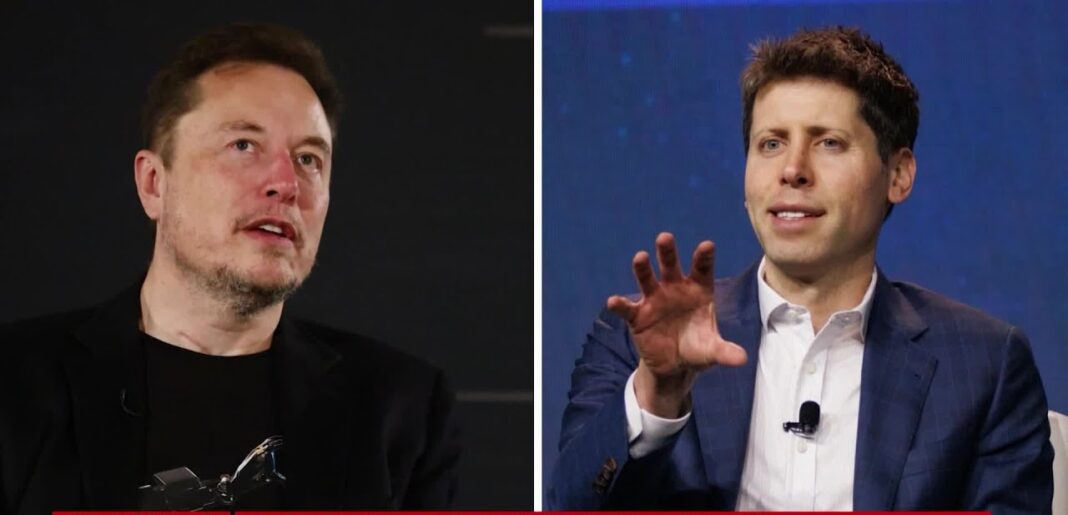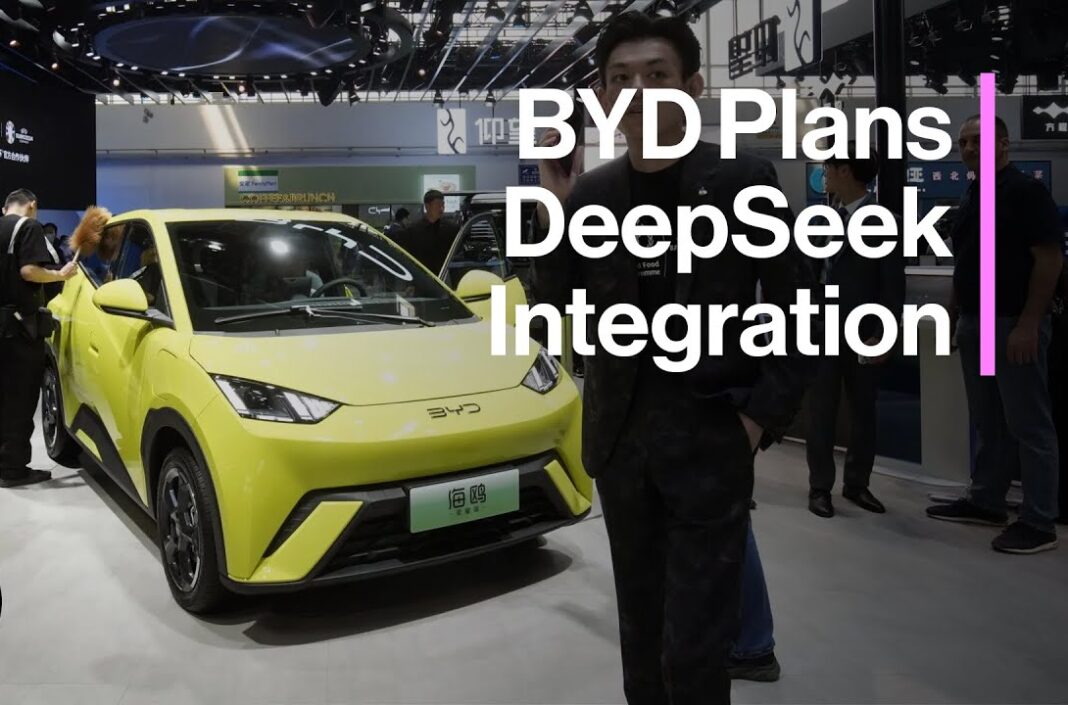Elon Musk’s $97.4M Bid for OpenAI: What It Means
Elon Musk-led investors have made a $97.4 million unsolicited bid for control of OpenAI. The move has sparked debates on AI governance, valuation, and the future of OpenAI’s structure.
The bid is far below OpenAI’s rumored $300 billion valuation, raising doubts about its seriousness. However, it signifies Musk’s intent to regain influence over the AI giant he co-founded.
OpenAI’s Complex Valuation and Investor Landscape
OpenAI has evolved from a nonprofit into a capped-profit company, making its valuation a moving target. Bloomberg recently reported that OpenAI’s latest funding round valued it near $300 billion.
Musk’s offer falls significantly short of that valuation, making it unlikely to be accepted. However, it signals a broader concern over OpenAI’s governance and the control of advanced AI development.
The investor group supporting Musk includes Joe Lonsdale and Ari Emanuel, raising further speculation about their strategic motives.
The Nonprofit vs. For-Profit Debate
One of Musk’s key concerns is OpenAI’s shift from a nonprofit to a for-profit model. Originally founded as a nonprofit, OpenAI’s transition to a capped-profit entity changed its core mission.
Musk has publicly criticized this shift, arguing that AI’s future should be controlled with ethical responsibility, not profit-driven motives.
Despite his stance, Musk has heavily invested in AI ventures through AI and Tesla’s AI initiatives, showing he is not opposed to profiting from AI. His bid raises questions about whether OpenAI should return to its nonprofit roots or continue its expansion as a commercial AI leader.
What’s Next for OpenAI and AI Governance?
The OpenAI board is expected to reject Musk’s bid due to its undervaluation. However, the bid highlights growing tensions over AI governance, funding, and ethical responsibility.
Key predictions:
- OpenAI’s valuation will continue rising as AI adoption accelerates globally.
- Musk will likely pursue alternative methods to influence AI’s future outside OpenAI.
- Regulatory discussions on AI ethics and corporate control of AI will gain momentum.
- More players will enter the AI race, leading to new market dynamics.
The debate over whether AI should be profit-driven or ethically governed will continue shaping the industry. As OpenAI expands, its leadership must navigate both market demands and ethical concerns.
Disclaimer
This article is based on publicly available information and ongoing discussions. The views expressed reflect industry trends and potential implications but do not constitute financial or investment advice.
Jack Reynolds is a market analyst with a focus on equity markets, alternative investments, and macroeconomic trends.




